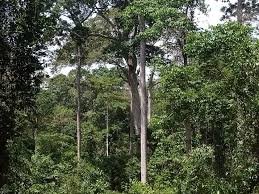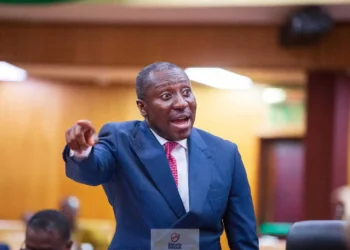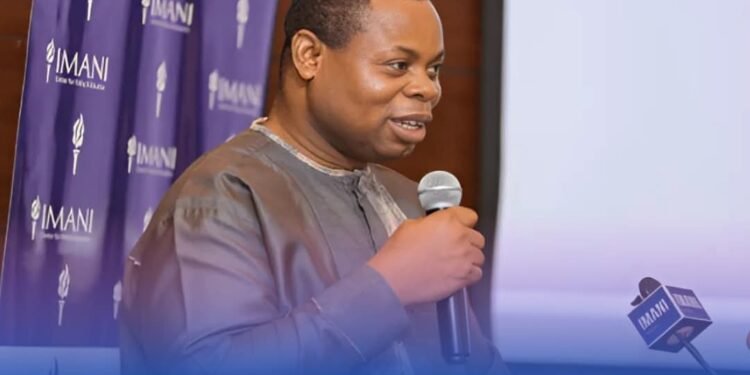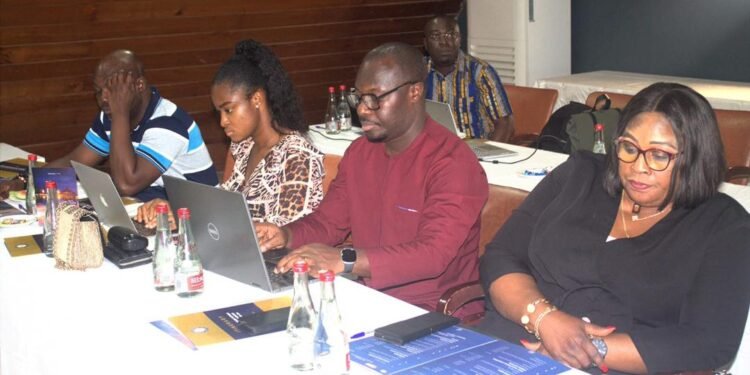The IMANI Center for Policy and Education has raised serious concerns over Ghana’s current legal framework governing the exploitation of forest reserves, warning that existing reforms fail to adequately safeguard the country’s fragile ecosystems.
According to the influential policy think tank, recent changes, such as the repeal of Legislative Instrument (L.I.) 2462 and its replacement with L.I. 2501, amount to only superficial adjustments that do not address the fundamental problem rooted in the Minerals and Mining Act (Act 703).
IMANI explained that while L.I. 2462 had previously centralized presidential oversight of mining leases, its replacement has simply shifted decision-making toward a more collaborative model involving multiple agencies.
However, the policy think tank noted that this shift has not resolved the deeper flaw within Act 703 itself, as it leaves a dangerous loophole that continues to be exploited by operators.
“IMANI’s latest research finds that these instruments only tinker at the edges of a deeper flaw: the parent Minerals and Mining Act (Act 703) (as amended) itself contains no absolute prohibition against mining in forest reserves.”
IMANI Center for Policy and Education
By requiring only that mining operations must be “sustainable,” the law inadvertently allows companies and individuals to mine in protected areas, provided they take steps to minimize immediate environmental damage.
In practice, this has paved the way for widespread exploitation of Ghana’s most sensitive ecosystems.

“Between 2017 and 2025, some 2,037 permits were granted under President Akufo-Addo, with an additional 102 issued in the final days before the administration’s transition.”
IMANI Center for Policy and Education
The think tank noted that many of these permits were issued to small-scale operators lacking the technical expertise or financial resources to implement effective environmental protection measures.
The result has been widespread encroachment on forests and rivers, accelerating the degradation of these critical natural resources.
IMANI Warns of Rising Forest Exploitation
IMANI emphasized that unless Act 703 is amended to include an unequivocal ban on all forms of mining in forest reserves, efforts to protect Ghana’s environment will remain inadequate.
The organization argued that such a clear legal prohibition would finally close the loophole that has allowed mining companies to operate in areas meant for conservation.
At the same time, IMANI acknowledged the challenge of dealing with “legacy cases” where large-scale mining concessions overlap with forest reserve boundaries.
To address this, the think tank proposed that any amendments to the law should include transitional provisions.
These could involve temporary compensation packages for affected companies or carefully phased reclamation plans that balance environmental priorities with existing contractual obligations.
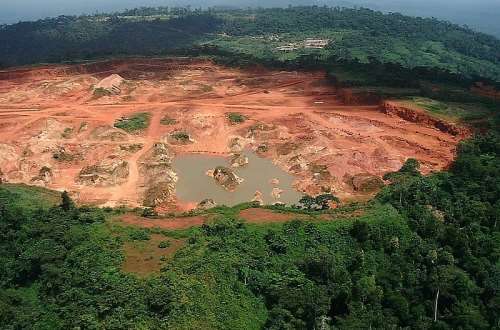
However, IMANI warned that mining is only one part of the threat facing Ghana’s forests. Other profit-driven activities, such as large-scale logging by timber companies, game-viewing tourism, and hunting safaris, also place immense pressure on these fragile ecosystems.
These activities fragment habitats, disrupt wildlife populations, and undermine the ecological integrity of protected areas.
“A truly sacred reserve should be free from any profit-driven intrusions, with the exception of non-commercial scientific research, environmental education, and carefully regulated community stewardship initiatives.”
IMANI Center for Policy and Education
To achieve this vision, IMANI suggested either the creation of a dedicated Forest Reserves Protection Act or a major strengthening of the existing Forestry Commission Act.
Such legislation would enshrine the principle that forest reserves exist primarily to conserve Ghana’s natural heritage, not to generate commercial profits.
President Mahama’s Approach And The Path Forward
As the country grapples with the escalating environmental crisis, IMANI highlighted the crucial role of government leadership in driving lasting reforms.
The think tank commended President Mahama for choosing not to declare a state of emergency.

“President Mahama’s approach—eschewing a state of emergency in favour of calibrated reforms—has set the stage for a more durable solution.”
IMANI Center for Policy and Education
However, the organization cautioned that without bold action from Parliament to amend Act 703, these reforms may not achieve their full potential.
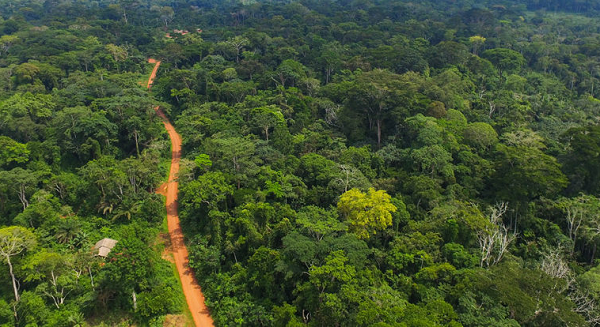
IMANI argued that true environmental protection requires both executive restraint and legislative boldness, working together to halt destructive practices and preserve the country’s natural resources for future generations.
The policy group also stressed that this is a pivotal moment in Ghana’s environmental history.
If the government fails to act decisively, the dream of pristine rivers, thriving wildlife, and resilient landscapes may slip further out of reach.
IMANI’s message is clear: closing the loopholes in Ghana’s mining laws is not just about protecting forest reserves from miners, but about redefining the nation’s relationship with its natural environment.
This will require sweeping legal changes, courageous leadership, and a collective commitment to prioritize conservation over short-term profit.
As debates over mining and environmental policy intensify, the coming months will reveal whether Ghana can rise to this challenge—or whether its forests will continue to vanish under the weight of unchecked exploitation.
READ ALSO: Ghanaian Filmmakers Warned Against Obsession With Netflix

